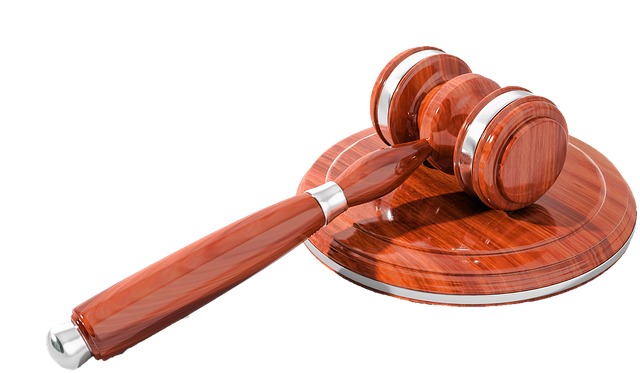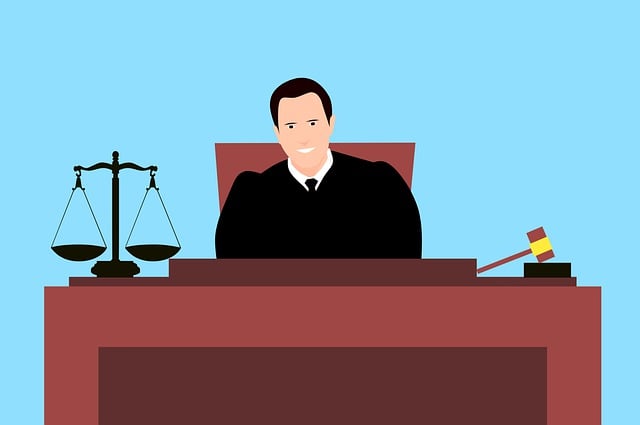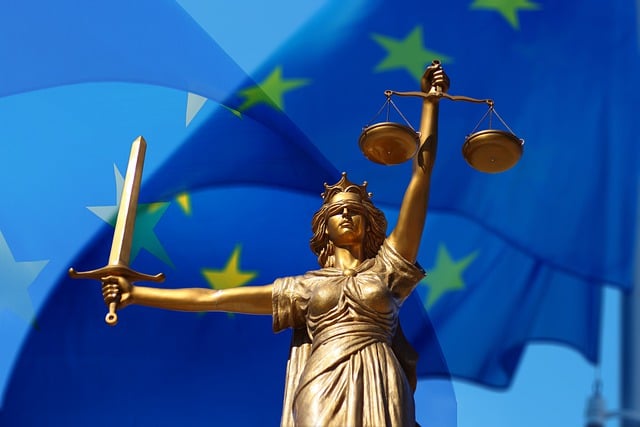The Role of Defense Counsel in Criminal Procedure for environmental crimes is vital, ensuring fairness and protecting individual rights amidst complex allegations of pollution, habitat destruction, and climate change. These specialists navigate intricate legal frameworks, employ strategic interventions, and present compelling defenses to mitigate outcomes. Through meticulous investigations, expert witness cross-examination, and advocacy for alternative interpretations, defense counsel contribute to effective deterrence and rehabilitation in environmental crime trials, shaping narratives that balance regulatory enforcement with individual rights.
Environmental Crime Trials represent a unique legal domain, where prosecutors and defense counsel navigate complex cases involving ecological degradation. As environmental concerns grow, so does the significance of these criminal proceedings, reflecting a global push for accountability. This article explores key aspects, including the role of defense counsel in shaping criminal procedure, strategic defenses employed, and challenges faced in this evolving field. From understanding jurisdictional nuances to crafting persuasive arguments, legal professionals play a pivotal role in defining outcomes and setting precedents for environmental justice.
- Understanding Environmental Crime Trials: A Unique Legal Domain
- The Growing Significance of These Criminal Proceedings
- Key Responsibilities of Defense Counsel in Environmental Cases
- Strategic Defenses and Arguments Presented by Defense Teams
- Challenges and Opportunities for Legal Professionals in This Field
Understanding Environmental Crime Trials: A Unique Legal Domain

Environmental Crime Trials represent a unique legal domain, where the focus shifts from traditional criminal cases to protecting our planet’s delicate balance. These trials involve complex issues like pollution, habitat destruction, and climate change, demanding a specialized approach. Here, the role of Defense Counsel becomes pivotal in navigating this intricate landscape. They aren’t merely advocating for their clients but also ensuring that justice serves as a powerful deterrent against future environmental transgressions.
The process involves meticulous investigation, expert witnesses, and an in-depth understanding of environmental regulations. Defense Counsel must possess an unprecedented track record of achieving extraordinary results in these high-stakes cases. Whether it’s challenging evidence, presenting alternative explanations, or advocating for mitigation measures, their strategic interventions can shape the outcome, including potential jury trials where public perception plays a significant role.
The Growing Significance of These Criminal Proceedings

Environmental crime trials are gaining significant traction globally, reflecting a growing awareness and concern for ecological preservation. These proceedings serve as a powerful deterrent, holding both corporate and individual offenders accountable for their actions that have led to environmental degradation. The role of defense counsel in such cases is pivotal; they play a crucial part in ensuring a fair and transparent criminal procedure. By navigating all stages of the investigative and enforcement process, defense attorneys safeguard their clients’ rights while challenging prosecutorial allegations.
The complexity of environmental crimes often demands specialized legal expertise, where defense counsel must advocate for his clients within the stringent regulatory framework. Their strategic interventions can shape the outcome, leading to more effective deterrence and rehabilitation measures. This evolving landscape demands a keen understanding of both environmental science and legal intricacies, enabling defense attorneys to contribute substantially to the administration of justice in these unique cases.
Key Responsibilities of Defense Counsel in Environmental Cases

In environmental crime trials, the role of Defense Counsel is multifaceted and crucial. They play a pivotal part in all stages of the investigative and enforcement process, from initial client intake to post-verdict appeals. Defense Counsel are responsible for thoroughly understanding complex environmental laws and regulations, which often involve intricate scientific and technical details. Their key responsibilities include gathering evidence that challenges the prosecution’s case, cross-examining experts, and presenting a compelling defense strategy that protects their clients’ interests.
The ultimate goal of these legal professionals is to ensure their clients receive winning challenging defense verdicts. They must be adept at navigating the complexities of criminal procedure, leveraging legal loopholes, and presenting alternative interpretations of evidence. By doing so, they safeguard their clients’ rights, ensuring a fair trial process. The role of Defense Counsel in environmental cases goes beyond merely defending; it involves fostering a system of justice that balances regulatory enforcement with individual rights.
Strategic Defenses and Arguments Presented by Defense Teams

In environmental crime trials, defense teams employ strategic defenses and arguments tailored to the unique nature of these cases. One common approach is to challenge the admissibility of evidence, questioning its source or methodology. This involves meticulous cross-examination of experts, often seeking to expose any bias or flaws in their findings. Defense counsel also may argue that regulatory agencies have failed to follow proper procedures, undermining the credibility of the prosecution’s case. By focusing on procedural issues and scientific rigor, defense teams aim to create reasonable doubt in the minds of jury trials, a crucial aspect of criminal procedure.
Another strategy is to highlight the lack of direct harm or immediate threat to public health and safety. Defense attorneys for both corporate and individual clients may argue that alleged environmental violations do not meet the threshold for criminal liability. They might also raise defenses based on regulatory uncertainty or good faith efforts to comply with evolving standards, across the country. These strategic defenses require a deep understanding of environmental laws and their interpretations, underscoring the vital role of defense counsel in shaping the narrative and outcome of such complex cases.
Challenges and Opportunities for Legal Professionals in This Field

The field of environmental crime trials presents a unique set of challenges and opportunities for legal professionals. Defense counsel play a pivotal role in navigating complex criminal procedures, often involving intricate scientific evidence and far-reaching public interest concerns. The sheer complexity of these cases demands a multifaceted approach, requiring attorneys to balance technical expertise with strategic advocacy.
While the stakes are high, with potential consequences for both individuals and industries, winning challenging defense verdicts requires an unprecedented track record of legal acumen. Achieving extraordinary results in environmental crime trials necessitates a deep understanding of regulatory frameworks, scientific methods, and public perception. Defense counsel must not only challenge the prosecution’s evidence but also present compelling defenses that resonate with juries, ultimately shaping the narrative around these critical cases.
Environmental crime trials, as a specialized legal domain, are becoming increasingly vital in addressing the pressing environmental issues of our time. The unique challenges posed by these cases require defense counsel to adapt their strategies and play a crucial role in shaping outcomes. By understanding the growing significance and navigating the complex responsibilities outlined in this article, legal professionals can contribute meaningfully to both the justice system and the preservation of our planet. The evolving nature of environmental law demands innovative approaches, and the role of defense counsel is more critical than ever in these criminal proceedings.






